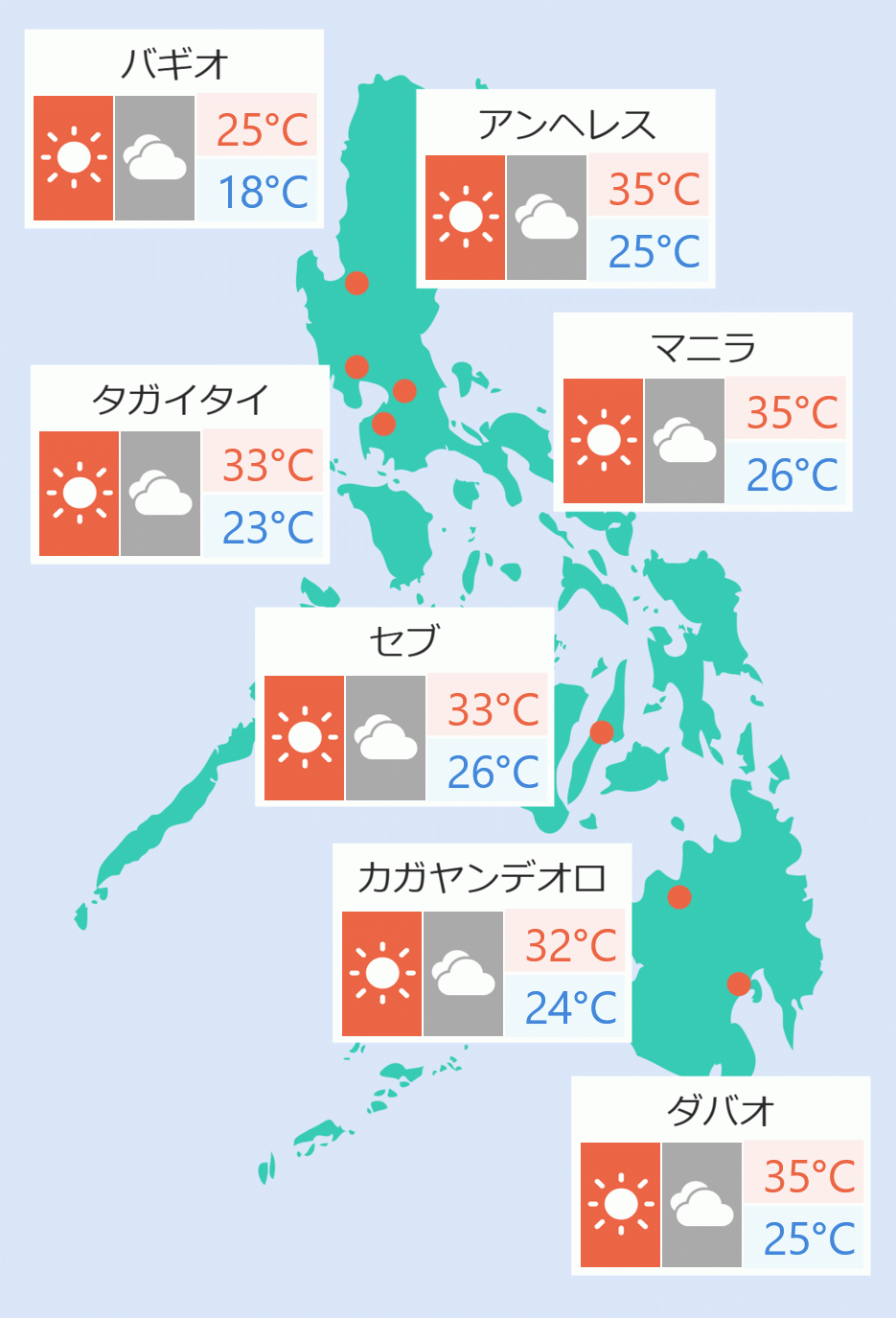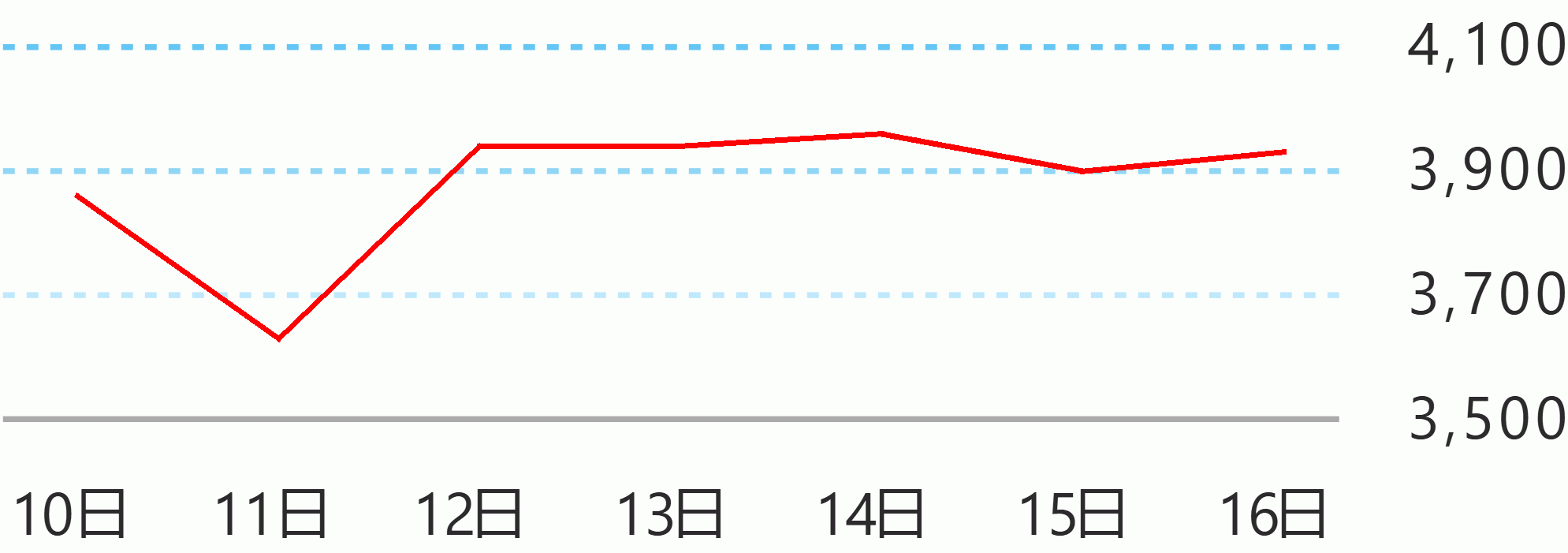The Land Bank of the Philippines (Landbank) and the Development of the Philippines (DBP) have facilitated the distribution of over P8.2 billion for the P5,000 in direct and unconditional cash aid each to over one million qualified small palay farmers from 2019 to 2021, according to data from the Department of Agriculture (DA).
These two state financial institutions distributed the cash aid as part of the Rice Farmers Financial Assistance Program (RFFA) of the DA under the RTL or Republic Act No. 11203.
Farmer-beneficiaries receiving the P5,000 cash aid should be registered in the Registry System for the Basic Sectors in Agriculture (RSBSA).
Under RA 11203, rice import tariffs in excess of the P10 billion earmarked annually for the Rice Competitiveness Enhancement Fund (RCEF) could be used to provide financial assistance to palay growers, among other possible options.
The law also mandated that all rice tariffs in excess of P10 billion must be used solely for financial assistance until 2024 to farmers each tilling 2 hectares (ha) or below.
“The Rice Tariffication Law has achieved its dual goal of bringing down retail rice prices while helping farmers improve productivity through the Rice Competitiveness Enhancement Fund,” Finance Secretary Carlos Dominguez III said.
In 2019, the year when the RTL began implementation, the BOC certified an excess in rice tariff collection of about P2.135 billion.
This amount rose to P5.5 billion in excess collections in 2020 and to P8.9 billion in 2021, when the BOC was able to collect P18.9 billion from rice shipments entering the country.
From March 2019 to 2021, the BOC collected a total of P46.6 billion in rice import duties.
DA data show since the implementation of RCEF, more than one million rice farmers have received over 8.7 million bags of certified inbred rice seeds which are proven to be higher yielding than traditional home-saved seeds.
Over 830,000 ha of palay farms nationwide are now yielding more grains than before, according to the DA.
With RCEF, 950,000 farmers now enjoy access to 19,542 units of farm machinery equipment.
Over 90,000 farmers have benefited from 4,978 batches of training sessions. 14,459 specialists, trainers, and extension intermediaries have also received training on palay farming.
Some 220 farm schools have been established since the implementation of RCEF, bringing the total to 470, while 49,649 rice farmers have accessed over P1.5 billion-worth of loans from the Landbank and DBP as part of the credit component of RCEF.
The windfall of financial resources for agricultural modernization under the RTL is a complete reversal of the P11 billion average annual tax subsidies that the government provided for over a decade to subsidize the National Food Authority (NFA), which used to monopolize rice importations.
With RTL, the role of the NFA has been limited to ensuring emergency rice stocks which are exclusively procured from local palay growers.
President Rodrigo Duterte signed the RTL into law on February 14, 2019 as RA 11203.
This law replaced rice import quantitative restrictions (QRs) with tariffs.
The RTL has lowered prices of rice to an average of P39 per kilogram (kg) today or a reduction of about P7 per kilo compared to its cost in 2018 when it peaked to around P47 per kilo. DOF




 English
English











